Some South Koreans took to the streets to protest Japan's plan to release treated radioactive water from the Fukushima plant into the sea.
The International Atomic Energy Agency (IAEA) on July 4 approved Japan's plan to release treated radioactive water from the Fukushima nuclear plant into the sea. The South Korean government said a day later that it appreciated the conclusion of the UN nuclear watchdog.
However, not all South Koreans agree with the government's decision. Lee Jeong-mi, leader of the opposing Justice Party, has been on a hunger strike outside the Japanese embassy in Seoul for more than 10 days to protest the plan to release what she calls "polluted water" into the sea.
According to Ms. Lee, the IAEA report is not trusted because it "does not provide scientific evidence to address safety concerns".
"The assessment has many loopholes that we cannot trust," she said, accusing the South Korean government of remaining silent while most people oppose the discharge of wastewater from Fukushima.
On July 5, some students protested on the streets of Seoul against Japan's plan. They held up signs that read "Stop dumping radioactive water into the ocean."
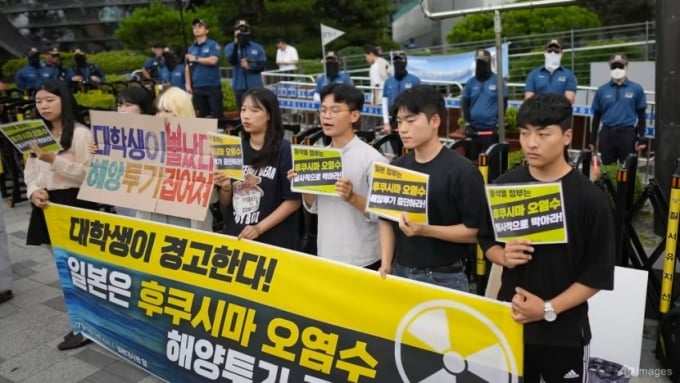
Students protest against Japan's plan to release radioactive water on the streets of Seoul, South Korea on July 5. Photo: AP
Last month, environmental activists also protested near the Japanese embassy in Seoul with a sign reading "Protest against the release of treated radioactive water from the Fukushima plant."
A survey conducted last month found that 84 percent of South Koreans opposed Japan's plan. About 70 percent of respondents said they would eat less seafood if the wastewater plan is implemented.
"The government's basic stance is to respect the decisions of the IAEA because it is an internationally recognized organization. This time is no different," said Park Ku-yeon, an official at the South Korean government's Office for Policy Coordination.
South Korea sent experts to Fukushima in May to assess the situation and the government is expected to announce the results soon. South Korea still imposes a ban on Japanese food imports from areas around the Fukushima nuclear plant.
Japan has called on the South Korean government to lift the ban, but Seoul has said it will remain in place until concerns about radioactive contamination ease. Meanwhile, IAEA Director General Rafael Grossi is expected to arrive in South Korea on July 7 after a four-day visit to Japan and explain more about the agency's final report.
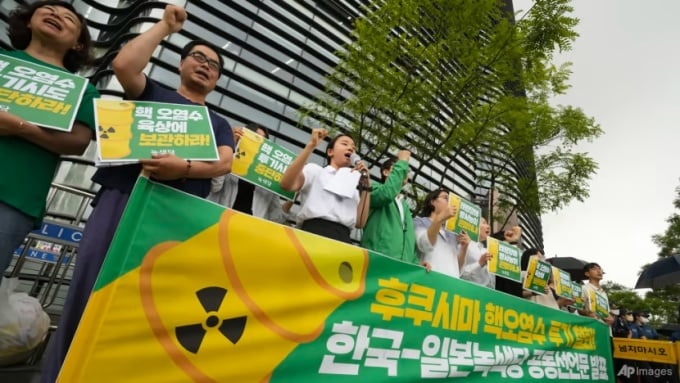
Environmental activists protested near the Japanese embassy in Seoul on June 30. Photo: AP
In March 2011, Japan suffered a double disaster of earthquake and tsunami, affecting the Fukushima nuclear power plant. Three core reactors melted down, releasing large amounts of radiation into the surrounding environment. TEPCO, the plant operator, had to deal with hundreds of tanks containing more than 1 million tons of contaminated water used to cool the reactor during the accident.
In 2021, Japanese officials predicted that the Fukushima plant will no longer have enough space to store wastewater and decided to plan to gradually release treated water into the sea.
Under a plan approved by the IAEA, Japan will begin releasing more than a million tonnes of water, enough to fill 500 Olympic swimming pools, used to cool the plant's fuel rods after it was destroyed by the tsunami. The release will begin in the coming weeks and last for 40 years.
Huyen Le (According to CNA )
Source link








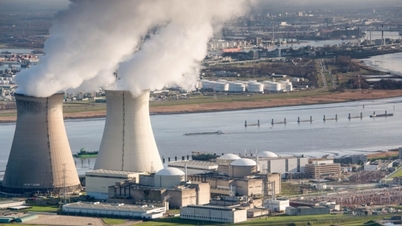




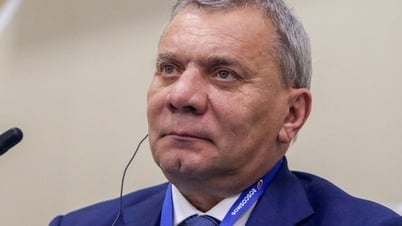

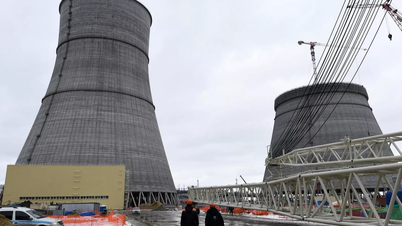

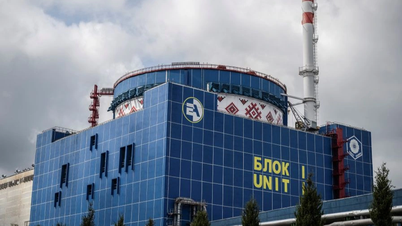
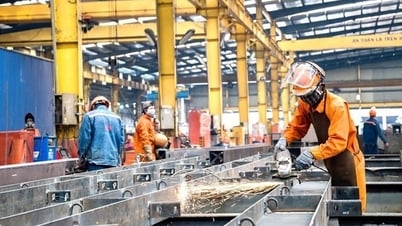

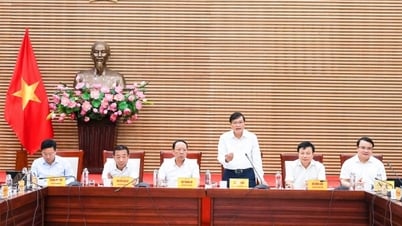
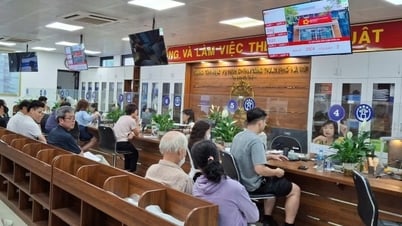
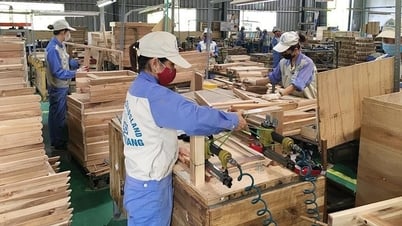
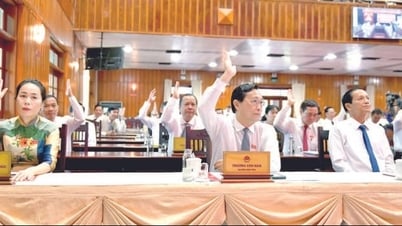
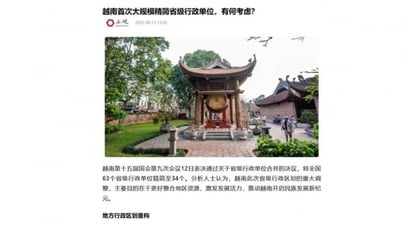














































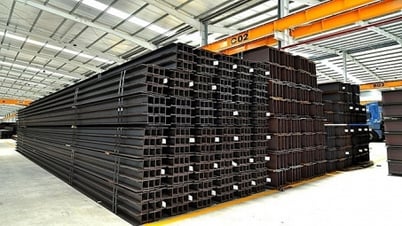




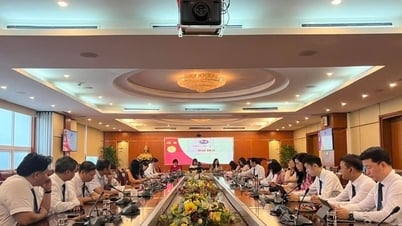

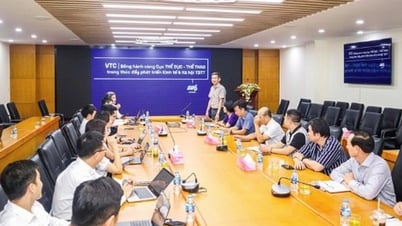
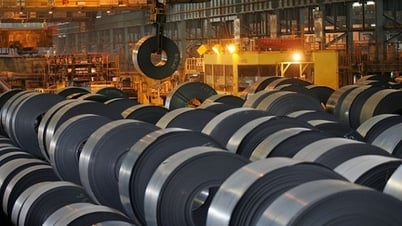
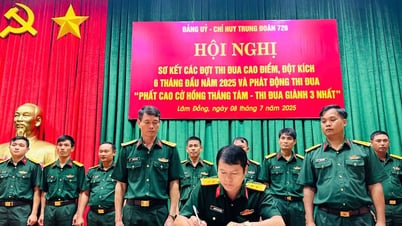

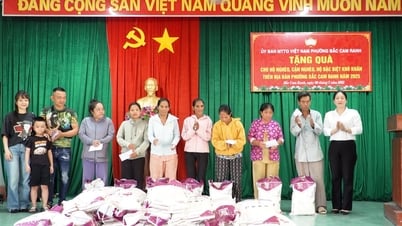


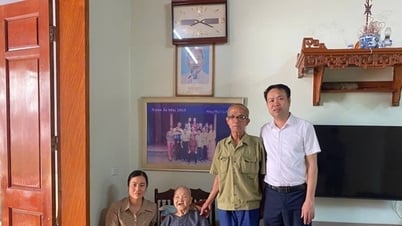


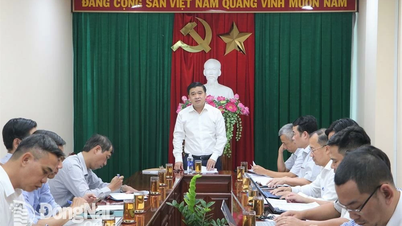















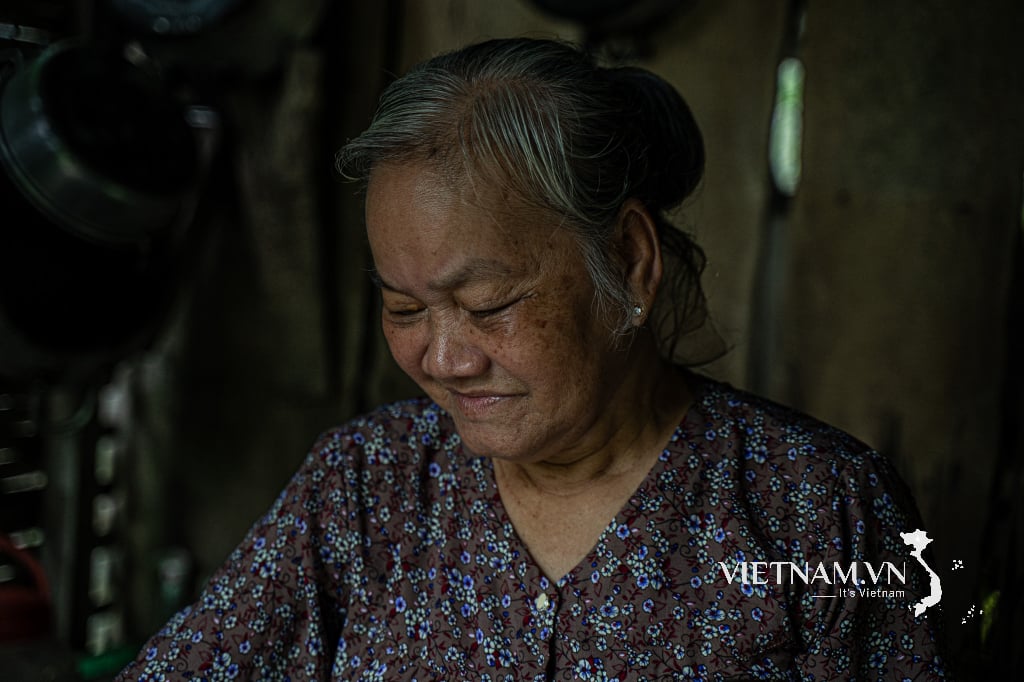
Comment (0)